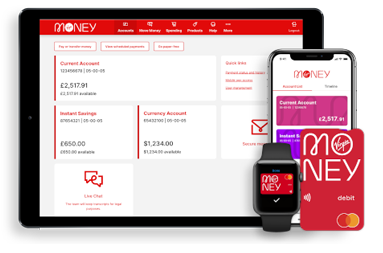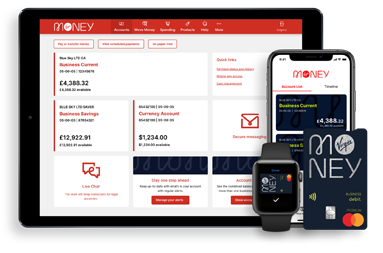The difference between capacity and capability when scaling your business
< back to all business news articles
06/12/2017
Many successful entrepreneurs are constantly thinking of how to scale their business for growth. Whether you’re developing new products or services, taking on larger orders or moving into the export market, business owners need both the capacity and capability to do this successfully.

Business capability
Capability revolves around if you have the the right skills and experience to scale your business. For example:
- If you’re planning to develop a new product or service, do you have the right people in the right roles for this? You may need to hire new people to fill any gaps.
- If you’re planning to enter a new market or expand your customer base, remember that you’ll use capital to do it. It’s important to you have access to cash reserves when you need them.
- Consider the current skills and experience your team has, and think about additional training to boost their professional development.
- Check your location, equipment, and supplier base also has the capability to grow with you, especially any systems you’ll need to track what is happening.
Scaling your business in terms of capability also means being organised. It’s a good idea to set up an advisory board that focuses on support and guidance, so that there are always people who are keeping their finger on the pulse of your business’s capability. They’ll be able to look down the track and predict what you might need, before you need it.
Business capacity
Capacity is being able to produce or sell enough to meet demand. When you’re scaling up, make sure you can physically handle the demands of growth. For instance:
- Think about what areas of your business will need additional resources. If your gardening business is branching out into different locations, you’ll need extra staff, vehicles and gardening equipment to handle the increased demand.
- Review your suppliers. Will they be able to scale up with you? If you don’t think they can handle the increase in what you’ll need, start shopping around for new suppliers.
- Consider your financial status. Talk to us at CYB about how we can help you manage your cash flow, as well as options for financing your business growth.
- Keep an eye on your pricing as your costs rise. Scaling up may mean you’ll need to revisit your pricing structure.
When you’re scaling your business in terms of capacity, it’s important to factor in how to maintain your quality control, so that your customer experience doesn’t suffer as your business grows.
Developing capability and capacity
Once you’ve got to grips with the difference, it’s time to look at how you can develop capacity and capability so you can scale your business. Consider these tips:
- If you don’t have the right people working on the right thing, consider bringing in an expert. For instance, if you’re planning to start exporting, you might engage a consultant for the early stages who’ll help you focus on export growth.
- Review your staff and identify those who have the potential to grow, especially in sales. Start working on upskilling them with appropriate professional development and training.
- Make sure you have the funding to deliver on an increased level. Plan for any contingencies, such as how long it might take to bring in new equipment if you need it in a hurry.
- Determine if you need new systems to run your business more efficiently, or equipment and facilities to handle increased production.
- Are there strategic partners or other businesses that you can work with, who may have the capability or capacity you need? It may be easier/cheaper/faster to joint venture first, to ensure the increased business or activity is sustainable.
Try to look into the future as much as you can when you’re developing your capability and capacity in terms of scaling your business. Think about your company growth over the next six months, one year, and two years. What extra people will you need to bring on board over this time, and where would they be located? What roles could they be doing? Can you source the materials you'll need, and do your suppliers have the capacity and commitment to help you fulfil increased demand?
Summary
Like anything else in business, scaling it successfully is down to preparation and planning. Capacity and capability are the two most crucial factors when it comes to business growth, so it’s essential that you not only understand the difference, but how to develop each one to make sure your growth plans can be achieved.
Additional resources
POSTED IN: Growth,2017
SHARE
Related Articles
You can find impartial information and guidance on money matters on the “MoneyHelper” website.
Clydesdale Bank is covered by the Financial Services Compensation Scheme (FSCS), Find out more.


